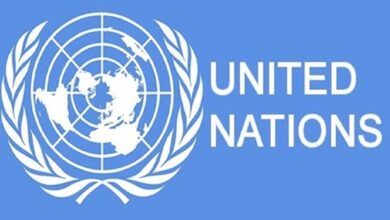The Egyptian government has a bewildering double standard when it comes to handling issues of sovereignty. At times, the government robustly defends its sovereignty against outside interference and at other times it completely turns a blind eye. It almost seems as if the Egyptian state consists of two governments: one that obstinately claims supreme authority over its domestic affairs and another that easily bows to foreign pressures.
The reality is the Egyptian government manipulates the issue of sovereignty to serve its own political interests. International condemnation of human rights violations and election fraud in Egypt are often met with fiery speeches against foreign meddling in Egypt’s internal affairs. On the other hand, Israeli violations of Egyptian territory or statements by US officials concerning Egyptian domestic issues are usually met with official silence, even complicity.
Oddly enough, the same officials who rise in defense of Egypt’s sovereignty when it comes to human rights abuses had nothing to say when Israeli interrogators questioned Palestinian reporter, Sabreen Diab, at the Cairo Airport, a clear violation of Egypt’s national integrity.
Furthermore, Egypt’s foreign policy positions are generally in line with those of the US–especially when it comes to the war on terrorism, the Gaza blockade, Iran’s regional influence, and support for the pro-Western March 14 Alliance in Lebanon–to a point where the two often seem indistinguishable. Meanwhile, Israeli aggression against the Palestinians and its Arab neighbors receives only moderate criticism from the Egyptian government.
Our officials’ faint-hearted statements on hot regional issues have tarnished Egypt’s image in the Arab world. Our government ignores Arab sentiment in the same way that it disregards the anger of the Egyptian people.
It’s therefore bizarre that state sovereignty is evoked to forestall international monitoring of the upcoming parliamentary election. Election supervision by NGOs–and not by other states, which would indeed constitute a violation of sovereignty–is widely accepted by democratic as well as undemocratic regimes around the world. Egypt should be no different.
Egypt’s sovereignty is “threatened” only by its own actions–election fraud, the mistreatment of Copts, the refusal to democratize, and the suppression of human rights–which draw criticism from foreign organizations. Refusing to get their own house in order, Egyptian officials instead prefer to acquiesce to US foreign policy demands, while stubbornly cold-shouldering calls for internal reform.
Translated from the Arabic Edition.




